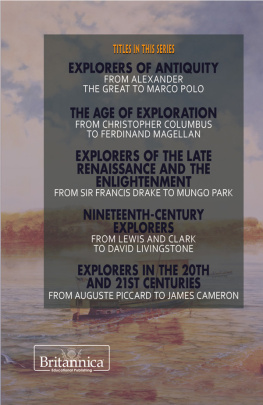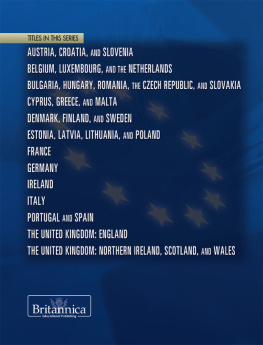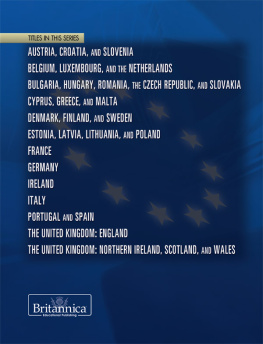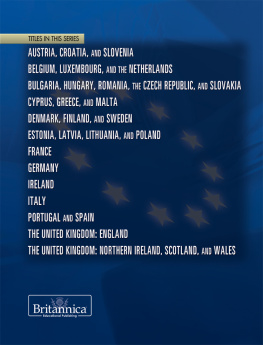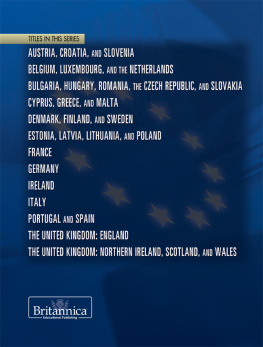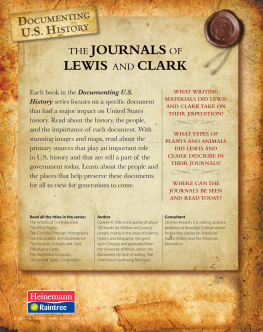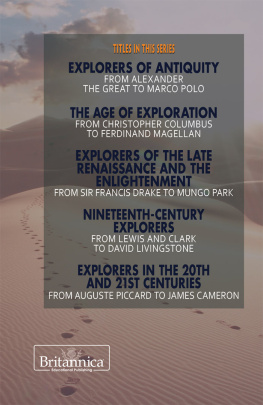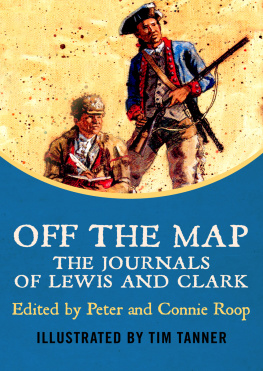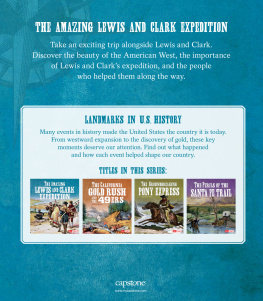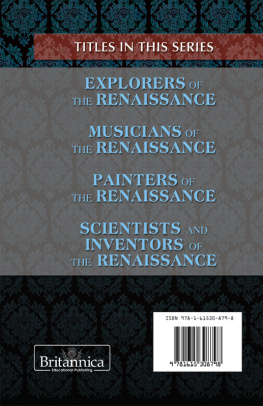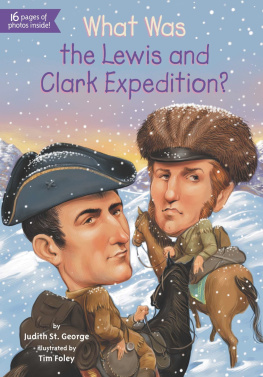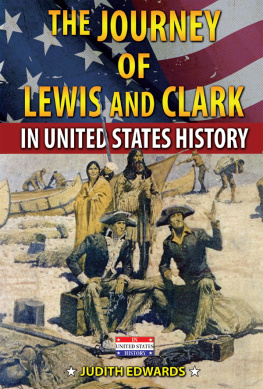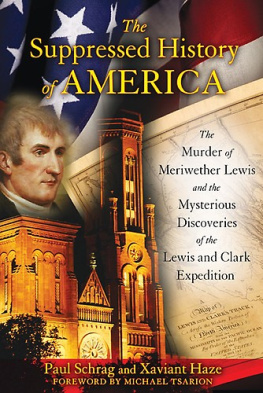

Published in 2014 by Britannica Educational Publishing
(a trademark of Encyclopdia Britannica, Inc.) in association with Rosen Educational Services, LLC
29 East 21st Street, New York, NY 10010.
Copyright 2014 Encyclopdia Britannica, Inc. Britannica, Encyclopdia Britannica, and the Thistle logo are registered trademarks of Encyclopdia Britannica, Inc.
All rights reserved.
Rosen Educational Services materials copyright 2014 Rosen Educational Services, LLC.
All rights reserved.
Distributed exclusively by Rosen Educational Services.
For a listing of additional Britannica Educational Publishing titles, call toll free (800) 237-9932.
First Edition
Britannica Educational Publishing
J.E. Luebering: Director, Core Reference Group
Adam Augustyn: Assistant Manager, Core Reference Group
Marilyn L. Barton: Senior Coordinator, Production Control
Steven Bosco: Director, Editorial Technologies
Lisa S. Braucher: Senior Producer and Data Editor
Yvette Charboneau: Senior Copy Editor
Kathy Nakamura: Manager, Media Acquisition
Kenneth Pletcher: Senior Editor, Geography
Rosen Educational Services
Hope Lourie Killcoyne: Executive Editor
Nelson S: Art Director
Cindy Reiman: Photography Manager
Brian Garvey: Designer, Cover Design
Introduction by Kenneth Pletcher
Library of Congress Cataloging-in-Publication Data
Nineteenth-century explorers: from Lewis and Clark to David Livingstone/edited by:
Kenneth Pletcher.First edition.
pages cm.(The Britannica Guide to Explorers and Adventurers)
In association with Britannica Educational Publishing, Rosen Educational Services.
Includes bibliographical references and index.
ISBN 978-1-62275-031-3 (eBook)
1. ExplorersBiographyJuvenile literature. I. Pletcher, Kenneth.
G200.N56 2014
910.922dc23
2013000704
On the cover: Lewis and Clark's permanent exploring partyknown as the Corps of Discoveryconsisted of about 30 men, most of whom were soldiers. This 2004 painting depicts their ship embarking on May 21, 1804 from the Missouri River town of St. Charles (just northwest of St. Louis) for what was to be a momentous journey. Lewis and Clark, 1804 Missouri Bankers Association
Cover, p. 3 (ornamental graphic) iStockphoto.com/Angelgild; interior pages (scroll) iStock-photo.com/U.P. Images; interior pages (background texture) iStockphoto.com/Peter Zelei; pp. viii xv, 175 (additional background texture) iStockphoto.com Hadel Productions

T he turn of the 19th century can be said to mark the start of the modern world. The Industrial Revolution, which had begun in Britain in the 1760s, spread to Europe and North America in the early 1800s, helping to set in motion the transformation of those societies from rural and agrarian to urban and industriala process still at work today in areas such as China and Southeast Asia. Expanding industrialization required more sources of raw materials and more outlets for manufactured goods, and one of the hallmark themes of the 19th century was the quest by industrializing societies to secure those sources and outlets. As they had in previous centuries, explorers and adventurers played a vital role in this process of expansion into the wider world. Nineteenth-Century Exploration: From Lewis and Clark to David Livingstone surveys a broad range of those intrepid and fascinating individuals who, often at great peril, continued and significantly expanded the scope of their famous and lesser-known predecessors.
The result of many of these ventures was colonization or the enlargement of overseas empires, but another, perhaps ultimately more important outcome, was the rise of exploration for scientific discovery and enlightenment. To be sure, explorers had made keen scientific observations in the 18th century, notably during the voyages of James Cook. In the first years of the new century, however, a wholly new breed of explorer emerged whose focus was on observing, collecting, and classifying the overwhelmingly vast wealth of mineral, plant, animal, ethnological, and archaeological wonders of the wider world that had been opened up to them by the explorers and adventurers who had preceded them. Leading the way was the German naturalist Alexander von Humboldt, who undertook detailed scientific work in South Americanotably in the Andes Mountainsin the first years of the 1800s.
At almost the same time that Humboldt was wandering far to the south, two Americans, Meriwether Lewis and William Clark, were leading an extraordinary journey in its own right into the largely unknown lands west of the Mississippi River that had just been acquired by a young United States. While it is true that a primary goal of their expedition was to proclaim U.S. sovereignty over these vast regions, the two explorers were also charged by President Thomas Jefferson with observing and recording the new lands, plants, animals, and peoples encountered. The great quantity of specimens brought back, as well as the detailed journals of Lewis, Clark, and other members of the endeavour, became the cornerstone for all future exploration of the American West. Notable among those explorers were Zebulon Montgomery Pike, who encountered the Front Range of the Colorado Rocky Mountains (and for whom Pikes Peak is named); and John C. Frmont, whose activities in the West were instrumental in opening up California and the Pacific Northwest to settlement.
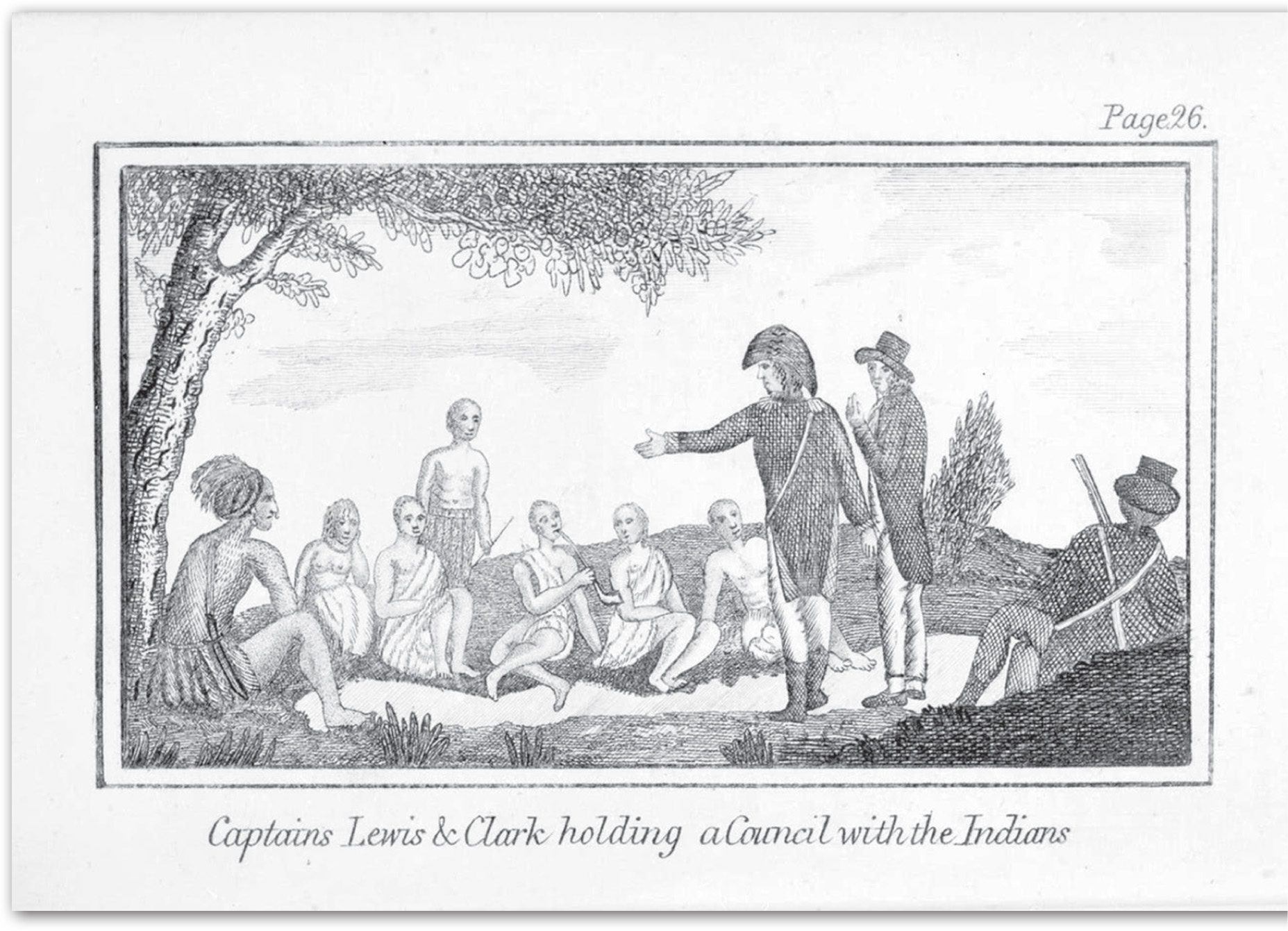
The Lewis and Clark Expedition greets a group of Native Americans, in an engraving by Patrick Gass, one of the members of the expedition. Yale Collection of Western Americana, Beinecke Rare Book and Manuscript Library
At roughly the same time that Frmont was undertaking his early Western expeditions, the English naturalist Charles Darwin was engaged in his round-the-world journey in 183639 aboard the HMS Beagle. Darwin, following in the footsteps of Humboldt, was serving as ships scientist on the voyage, and his observations of finches and other creatures in the remote Galapagos Islands would later prove to be the seeds for his 1859 On the Origin of Species, the scientific work that laid the groundwork for the theory of evolution. Two of his contemporaries and friends, Sir Joseph Dalton Hooker and Alfred Russel Wallace, each undertook extensive scientific expeditions that brought back to England enormous collections of plant and animal specimens. Among Wallaces collaborators was the British entomologist Henry Walter Bates, who, in his 11-year exploration of the Amazon Basin in South America, collected thousands of insects and other creatures.
Meanwhile, at around the time that Darwin was returning from his voyage, the American traveler John Lloyd Stephens and English archaeologist Frederick Catherwood were venturing into the Central American jungle. There they discovered the ruins of the lost Mayan civilization and thus inaugurated archaeological study in Middle America. A couple of decades later, the German archaeologist Heinrich Schliemann undertook the first of his expeditions that would discover the ancient city of Troy and other sites that would give rise to the study of ancient Greece.

